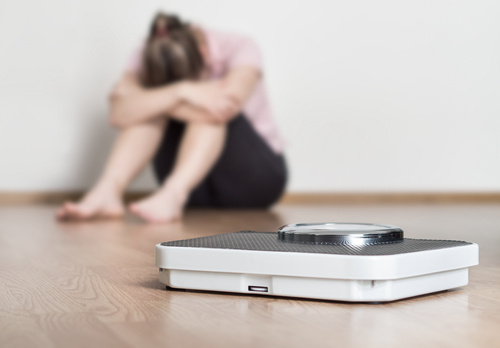How To Deal With Being Alone BPD?
Borderline personality disorder (BPD) is listed in the Diagnostic and Statistical Manual of Mental Disorders, Fifth Edition (DSM-5) as a chronic, mental health disorder. It is a serious psychological condition that is characterized by pervasive instability in moods, emotions, behaviors, and interpersonal relationships which interfere with one’s ability to function in everyday life. Recent research suggests that 1.6% of the population in the United States has BPD, which is equal to over four million Americans. Borderline personality disorder directly affects how one feels about him or herself, one’s behaviors as well as how an individual can relate to others. Psychoanalytic theorists assert that individuals with BPD are often intolerant of being alone, which may be caused by experiencing “annihilation anxiety… [which] is a traumatic anxiety based on an actual experience of danger and psychic helplessness, reflecting a fear of impending psychic or physical destruction.” Fortunately, there are ways to help increase your tolerance for being alone, some of which include the following suggestions:
- Challenge your negative, unwanted thoughts: Identify the anxious thoughts that surface when you think of being alone, analyze them, and challenge them to discern if your initial reaction is truly how you feel or if you are just assuming the worst.
- Prioritize your health: Taking care of your body can improve your mental and physical health. Be sure to exercise regularly, obtain ample nightly sleep, eat nutritiously, stay hydrated, etc.
- Explore different relaxation tactics: Try different mindfulness exercises like yoga or meditation. Research has found that meditation can help lower blood pressure, reduce feelings of anxiety and depression, improve insomnia, and more.
- Acknowledge that you are experiencing heavy emotions: By recognizing, acknowledging, and naming your negative emotions you can begin to face them, feel them, and let them go.
- Have a plan to deescalate and ground yourself: Identifying ways that make you feel safe, secure, and calm, and implementing them in times of need, can help increase your resilience.
- Capitalize on the benefits of being alone: Being able to sit with your thoughts, fears, anxiety, hopes, dreams, and all the other emotions that may arise while spending time alone will build your mental strength. Studies show the ability to tolerate alone time has been linked to increased happiness, greater life satisfaction, and improved stress management.
- Do not be afraid to ask for help: Recognize when you need additional support and do not hesitate to pursue professional guidance. There is a vast network of highly qualified mental health providers that have expert knowledge and extensive experience in working with individuals diagnosed with borderline personality disorder.
A hallmark of BPD is a pattern of instability in personal relationships. As is explained by Harvard Medical School, “People with borderline personality disorder have a deep fear of abandonment… they compete for social acceptance, are terrified of rejection and often feel lonely even in the context of an intimate relationship.” Even with the strong desire to have loving, and lasting relationships, the quick changing nature of BPD symptoms (e.g., emotional peaks and valleys) can lead to conflict-filled, chaotic relationships, which reinforces the fear of abandonment. Consequently, people with BPD typically have rocky relationships with others, both platonic and romantic. Therefore, it is advantageous for an individual with borderline personality disorder to arm themselves with an array of coping strategies to combat loneliness.
For Information and Support Substance abuse and addiction can be incredibly dangerous and can result in severe short and long-term consequences. If you or someone you know is suffering from substance abuse or addiction, please get help as soon as possible. The earlier you seek support, the sooner you and your loved ones can return to leading happy, healthy, and fulfilling lives. There is no reason to go through this alone, and we are here to help. Please feel free to reach out to us for further information or with any questions regarding substance abuse or addiction. We are available anytime via telephone at: 213-389-9964, or you can always email us at: info@friendlyhousela.org.



